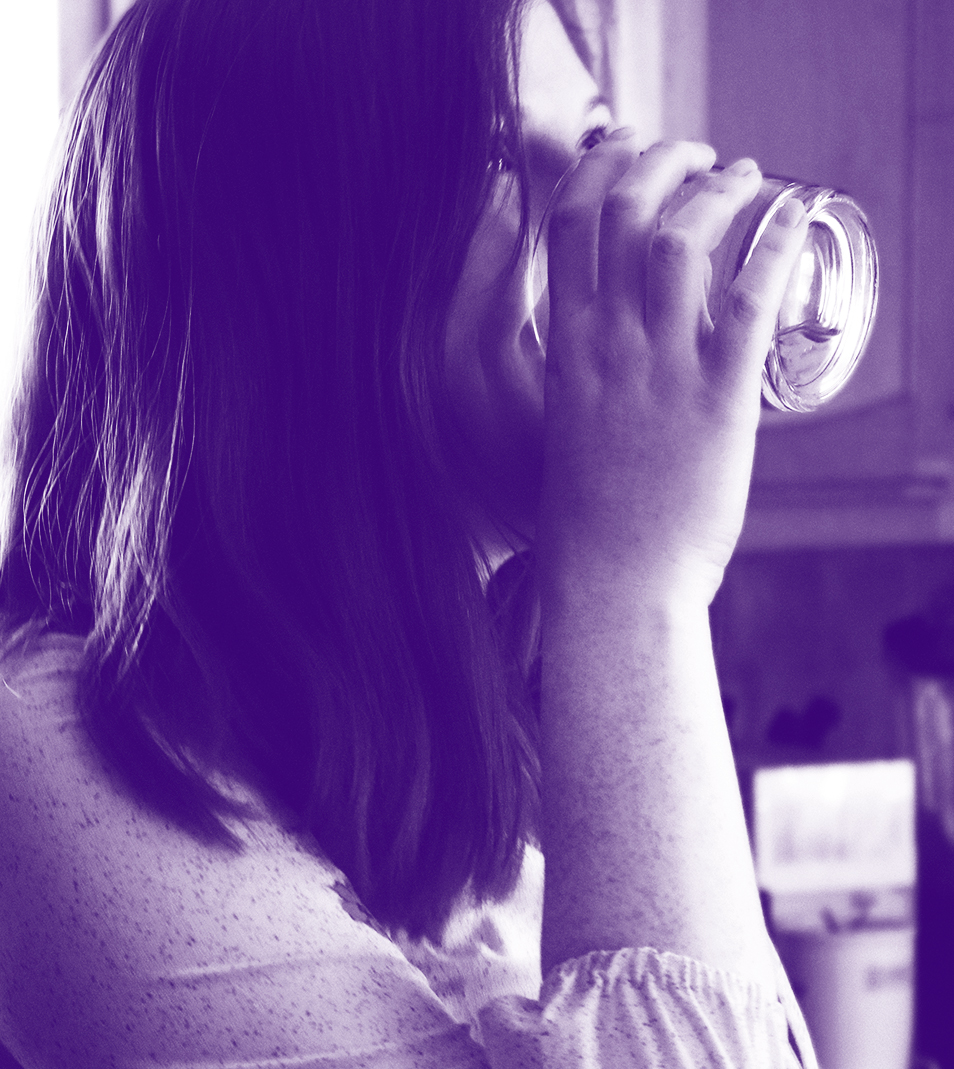5 Things That Triggered Me To Drink and Use and How I Overcame Them
The world before addiction seemed infinite and limitless. All things were possible. I was a dreamer and a do-er. I saw the world through a glass that was always half full. But when I started drinking to excess and using prescription pills to get high – I became someone I no longer recognized. Everything was a trigger. Everything made me want to drink and get high.

Apparently, this was a normal question and the rest of my group all shook their heads in agreement. I drank to success and I drank to misery. I used drugs to party and enjoy life and I used drugs to avoid people and withdraw. As I slowly creeped into recovery, it was easier to identify my triggers. And all the times I relapsed, showed me exactly what triggered me.
Here is a list of 5 of my most common triggers and how I worked through them:
There is always something underneath boredom that is a trigger. To me, I realized it was my inability to sit with myself. I didn’t want to not be doing or participating or moving, because when I was alone with myself – with nothing to do, the only thought on my mind was using. I was in fear of actually feeling. In recovery, I learned how to identify my feelings and put a name to them. When I understood what type of feeling I was experiencing, I created tools to help deal with them. Meditation, prayer, exercise, therapy, writing, and reading were all tools to help be me able to sit with myself and stay with myself.

ABOUT LARA
Lara Frazier is a truth-teller, a sobriety warrior and a writer. She is a FIERCE believer in the power of owning our stories and is a strong advocate for alcohol addiction recovery. Lara shares a story of healing: in sobriety, through addiction, in life and love, and in all the other big huge moments of fear and magic that we rarely talk about, but we should. Find more of Lara’s work on Instagram @sillylara.

